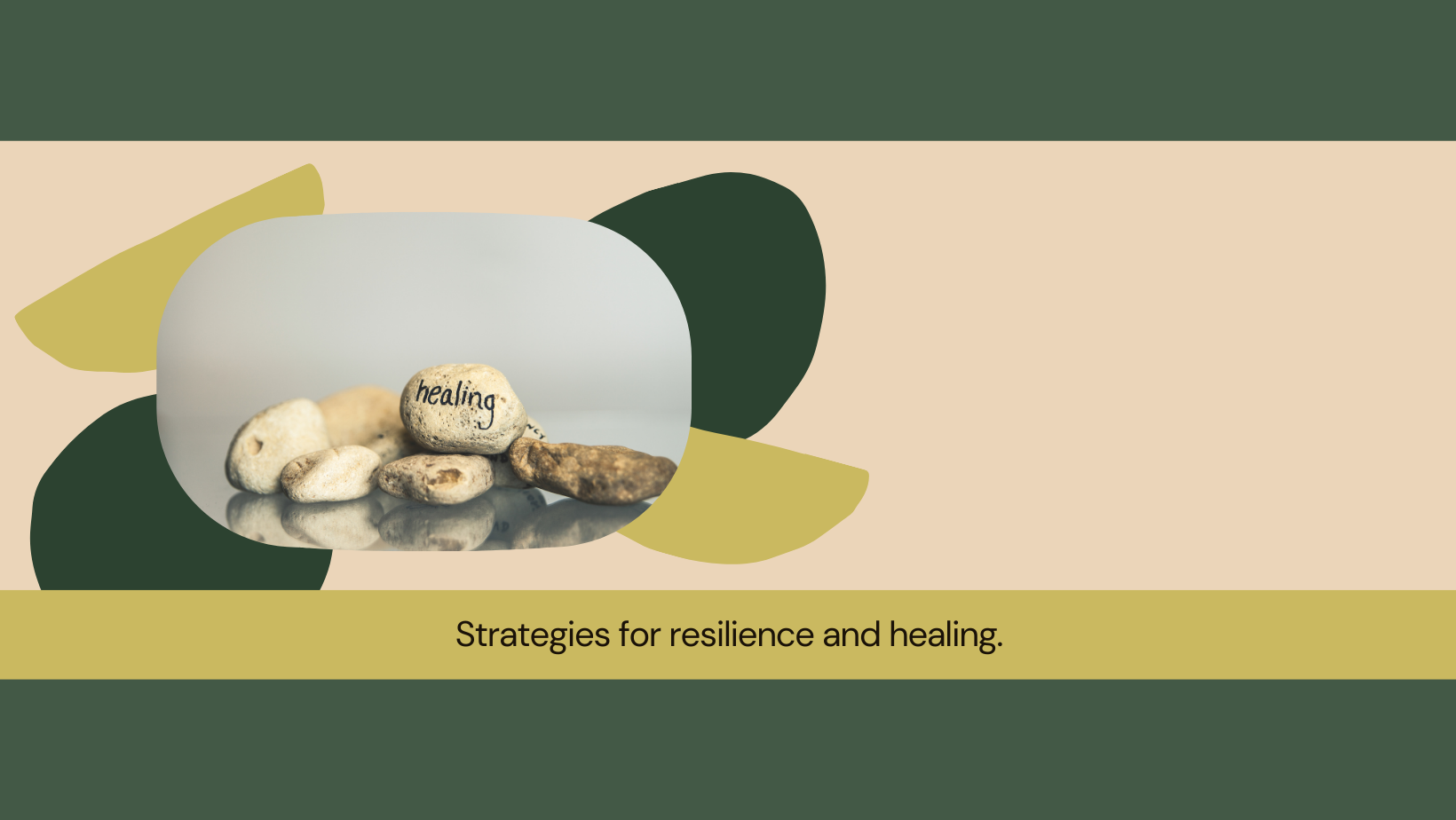Discover the profound role of self-care in Christian life and how it aligns with God's design for our complete well-being. This piece explores the multi-dimensional aspects of self-care—from physical to spiritual nurturing—and offers practical steps to integrate these principles into our daily lives, following Christ's perfect example. Embrace this vital component of faith that enables us to serve more effectively, love more deeply, and live fully in the abundance of Christ's love.
Anxiety: Are Your Defense Mechanisms Doing More Harm Than Good?
Are your coping mechanisms for anxiety truly beneficial, or could they be causing more harm than good? Dive into the world of defense mechanisms and discover how certain strategies may only provide temporary relief while potentially amplifying anxiety over time. Embrace healthier alternatives that offer lasting benefits and support personal growth. Join us in exploring mindful ways to manage anxiety for a more balanced and fulfilling life.
Breaking the Chains: Practical Steps for Disrupting Racial Bias
In our journey to create a more equitable society, disrupting racial bias is a crucial step. From understanding and acknowledging personal biases to actively fostering inclusivity and empathy, this post delves into practical, actionable steps each of us can take to challenge stereotypes and advocate for systemic change. Dive in to explore how education, reflection, and community engagement are essential tools in the fight against discrimination, and learn how you, too, can make a difference.
How to Cope with Grief During the Holiday Season
Navigating Workplace Safety as a Person of Color: Strategies and Actions
Navigating a workplace that feels unsafe can be particularly challenging for people of color. This post explores practical steps to address and resolve issues of discrimination and discomfort at work. From documenting experiences and seeking allies, to engaging HR and considering external advice, learn how to advocate for a safer, more inclusive workplace environment.
Embracing Movement: Physical Activities for Trauma Recovery
From the emotional release of dance therapy and the grounding effect of nature walks, to the resilience built through strength training and the meditative calm of swimming, explore alternative methods to support trauma recovery. This post delves into the therapeutic potential of movement, offering insights into how activities like running, hiking, and even gardening can contribute to emotional and physical resilience. Embrace these diverse forms of movement to embark on a journey toward renewal, strength, and healing.
What to Do After a Setback in Trauma Healing
Experiencing a setback in trauma healing is part of the journey, not the end of it. Discover practical steps to navigate through these challenging times, including recognizing your feelings, leaning on your support system, practicing self-care, revising coping strategies, and setting attainable goals. This guide offers a compassionate perspective to help you move forward with strength and resilience.
Understanding the Impact of Childhood Trauma On Adults
In our latest blog post, we delve deep into the often-overlooked topic of childhood trauma and its significant impact on adults. Childhood trauma, whether it manifests as abuse, neglect, or witnessing traumatic events, can leave lasting effects well into adulthood. Understanding how childhood trauma shapes and influences adult lives is crucial for both individuals who have experienced trauma and those seeking to support them.
The long-term repercussions of childhood trauma can manifest in various ways, from mental health struggles to difficulties in maintaining healthy relationships. Unresolved trauma can leave adults feeling trapped in a cycle of emotional distress and overwhelming triggers. However, it is important to remember that healing and recovery are possible.
Telltale Signs Of PTSD
In this blog post, we will explore the telltale signs of PTSD. Post-Traumatic Stress Disorder (PTSD) is a condition that can have a long-lasting impact on an individual's mental health. By understanding the signs and symptoms, we can better identify when someone may be struggling with PTSD. From the psychological and emotional indicators to the behavioral red flags, this article will shed light on the key factors to look out for. Whether it's in adults, children, or veterans, we will also discuss the causes, triggers, and available treatment options for PTSD. Join us as we delve into this important topic and raise awareness about this often misunderstood mental health condition.
How To Embrace Change When Trauma Symptoms Feel So Similar
Experiencing trauma can often leave individuals feeling trapped and overwhelmed by the persistent presence of similar symptoms. The blog post "How to Embrace Change When Trauma Symptoms Feel So Similar" offers guidance on navigating this difficult journey. It explores strategies for embracing change, healing from trauma, and managing traumatic symptoms in a way that empowers individuals to move forward. By embracing change and adopting resilience, this post encourages readers to transform their trauma into opportunities for growth and self-discovery.












